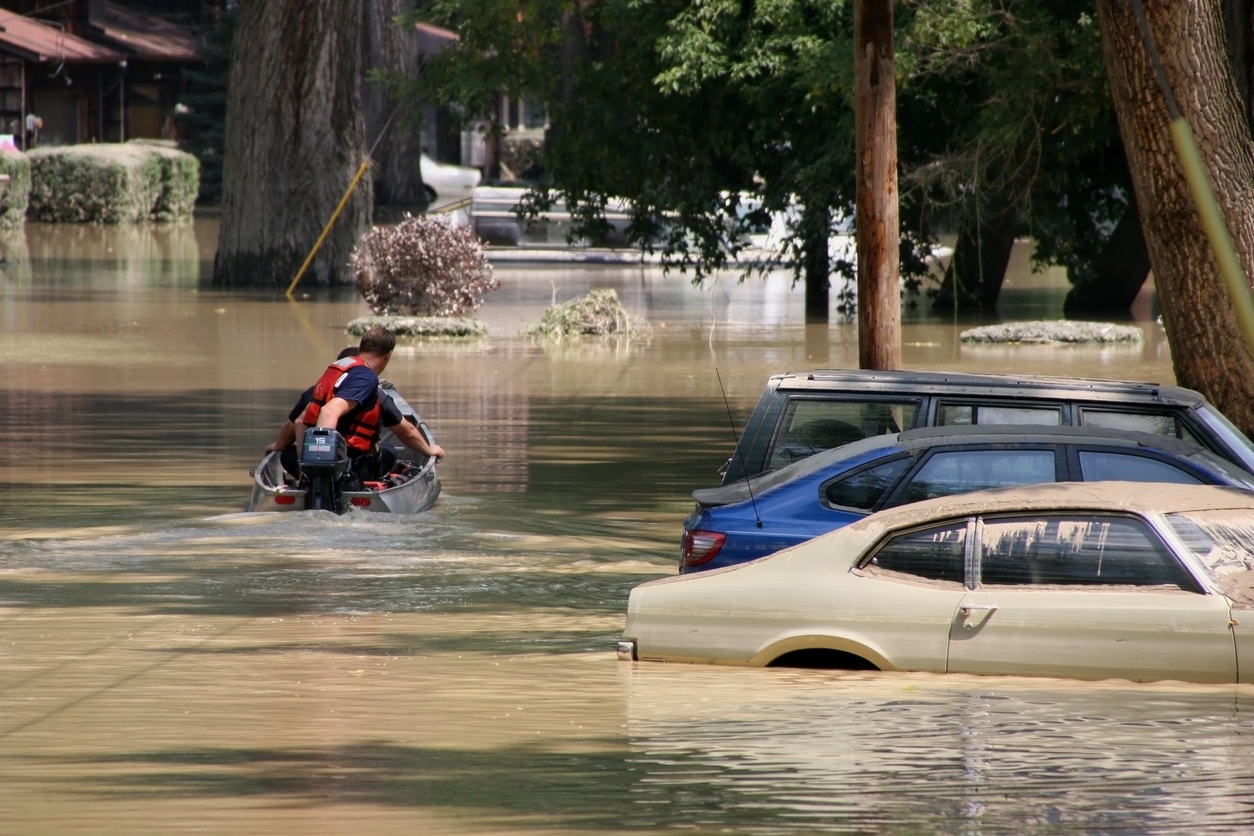
In times of natural disasters, of course healthcare responders, from volunteers, EMS, and nurses, are going to be on call. Are you preparing your students for healthcare challenges that come with flooding, hurricanes, earthquakes, and other disasters?
Health Concerns During Natural Disasters
- Contaminated water can spread disease, as can sheltering with large groups. Stomach viruses, skin rashes, and respiratory disease result from drinking bad water, but can also come about through poor hygiene.
- Access to fresh water, for drinking as well as for hand-washing, plus soap or hand sanitizer can keep viruses and bacteria from spreading.
- Skin problems can come about through exposure to floodwaters, which is contaminated with sewage or chemicals, and which can hide dangerous objects that can cut or bruise.
- Open sores exposed to floodwaters can become infected with bacteria.
- Excessive heat, as from a wildfire, can cause blistering, smoke inhalation, and eye irritation.
Safe Drug Use After a Natural Disaster
After a natural disaster, it’s important to inspect any medications that may have been affected by the sudden changes in the environment. Drugs will be affected by fire and high temperatures, lack of refrigeration, and exposure to unsafe water.
- If medication has been exposed to high temperatures due to fire, replace the medication as soon as possible. It may no longer be effective.
- If a medication that requires refrigeration, such as liquid antibiotics or insulin, has been without for an extended time, it’s best to discard it. If it is a life-saving medication, use with caution until a new supply is available. For example, insulin that is not refrigerated will be effective, but for a shorter time than usual.
- Drugs exposed to floodwater or unsafe municipal water should be discarded.
- Medication in disaster areas that needs to be reconstituted should only be mixed with purified or bottled water only.
Even once a natural disaster has run its course, healthcare providers need to be aware of ongoing issues. Respiratory disease can result from inadequate clean-up efforts and the growth of mold. Mental health issues may be on the rise as well, with an increase in people with anxiety and post-traumatic stress disorder (PTSD).
Prepping for a mass casualty incident (MCI) that is the result of a natural disaster should definitely be in your emergency medical services training and ER nursing educational playbooks. Explore moulage kits and Demo Dose® simulated medications at Pocket Nurse® to help prepare scenarios for your students.
Sources:
Health Impacts That Nurses Need to Know
Emergency Preparedness from the FDA
Health Consequences of Flood Waters






